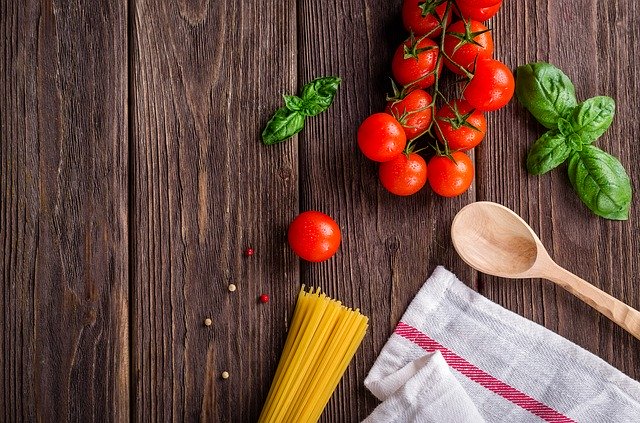Today, we take our food for granted, and that is one of our biggest mistakes. It turns out, food production is highly depreciated. The people who still choose to do a lot of the work themselves find it difficult to make a living. While we enjoy a good meal, there has been a disproportionate emphasis put on things such as food markets and even restaurants.
Having a single point of sale to buy all our food and tasting a great dish is part of our culture, but, when we think about it, the real people who have made it possible for us to enjoy a delectable meal are the people who work the food with their hands.
It’s a strange society we live in, but one thing is finally becoming apparent – we ought to take better care of our farming communities if we want to enjoy tasty food in the future. Even today, white-collar individuals have decided that traveling every day to work makes a little more sense than spending ten years on a nearly impossible mortgage.
As people who retire from the cities rediscover their love for food, and they plow and work the land with ardor, regardless of what their profession is.
Sustainable Farming Is the Future of Our Communities
The simple truth is that finding ways to farm sustainably should be a priority, and that is what matters. To get to the point where we are farming sustainable, we ought to ask ourselves if society is consuming too much. Calls to reduce our meat or dairy intake are often interpreted as a doctrine that many people don’t take fondly to, all the while scientific evidence grows that going without as much meat and dairy as before could actually be beneficial to our health.
A more balanced approach by consumers should lead to better overall results in how we farm and grow food. We can devise more sustainable farming methods that allow communities to benefit more from what they produce and put the emphasis back on production.
Presently the world has prioritized branding, as opposed to the people who actually labor and toil over the creation of food. This ensures that the soil remains disposable for next year’s crop. An appetite for overconsumption has been nurtured by a society that puts the emphasis on “as much as you can eat” and “as quick as you can eat it.”
The good news for farming communities is that there is finally a push back.
To Have Food, We Need to Ration It
Even the wealthy world has realized by now that the only way to have sustainable sources of food is by paying attention to how much and to what we eat. Consumers are now more conscientious and try to avoid foods that have an impact on the environment. That is happening in several ways today:
- Consumers are selective about what they eat
- They want to know if it’s farmed/produced sustainably
- Consumers are willing to avoid foods to help the environment
- Many people are balancing their diets with more vegetables
- Expectations from producers are rising as well
All of these puts together has led to the rise of a new type of consumer who is not taking everything at face value, and would much rather be involved with the process of farming. That is ultimately beneficial to farming communities who deserve to receive a bigger share of the revenue and recognition for their efforts. However, we should all seek to ration food more responsibly now. Rationing food, though, doesn’t mean going hungry.
Quite to the contrary, our consumer habits are now blown out of proportion so much that we eat far more than we need. Just as you can go to the Internet and look up a great online casino, so can you also find guides to good eating habits. Some of us consume raw calories that are over twice what our bodies need to function. Of course, those bad calories come from sources that are poor in nutrients, but they still exemplify a trend among our societies to binge eat. Correcting consumer behavior cannot be forced from outside, however. Rather, societies and politicians will have to lead campaigns that exemplify the benefits of an alternative diet, leaving it to individuals to make a choice for themselves.
Not everyone is going to switch to sustainable eating habits, but this is hardly the point. Instead, enough people will choose to eat more responsibly, balancing out the total, which is what our planet and farming communities need.

